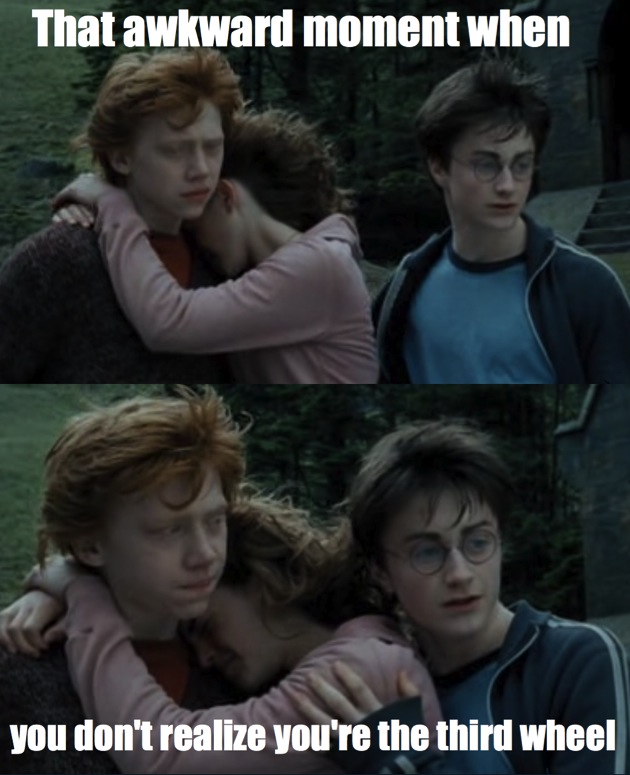
Perhaps the only meme that has ever made me truly LOL.
I have never thought so hard or so carefully about memes before this last week of class. I have never thought of memes as anything but poorly photoshopped images with jokes I did not understand laid over them. When I thought of memes I thought of the inescapable troll face plastered all over Facebook in comments and comment replies. The whole thing left me wholly uninterested and indifferent. I had no desire to “know my meme.” I had no desire to make a meme. To be honest, many of my previously held beliefs remain unchanged.
I still have no interest in memes or the meme culture. Perhaps I think it is just irrelevant to my generation and to me personally, but the last week’s readings have definitely challenged these beliefs. According to Rintel, the author of the “Crisis Memes” reading, “one of the overarching purposes of online memes is social commentary…within which they find three subcategories: people concerned with displays of good citizenship; tongue-in-cheek, socially-oriented, political critique; and social activism or advocacy.” To be honest, when I read this I thought the author was being hyperbolic to a fault, exaggerating to make a point I did not agree with.

I thought to myself, “There’s no way this meme is making any kind of social commentary.”
The reason I struggle with believing Rintel is that I feel like the kids who make memes are just that: kids. How can I take a photo of Keanu Reeves or a badly drawn stick figure dude flipping over a table seriously? How can I take these memes seriusly when, in my experience, they’re posted majority of the time for the trivial purposes of trolling, being annoying, or getting a laugh?
Rintel does acknowledge my doubts. He states that some people hold the belief that “crisis memes are frivolous and ghoulish attention seeking rather than reasoned discourse, and that they are inherently culturally divisive.” He basically vocalized, more eloquently than I ever could, my negative opinion of memes. However, he goes on to tell me that this viewpoint is “tired, misplaced, and/or miss[es] the point of what we can learn from crisis memes.”
When I read that all I could think to myself was, “No, Mr. Rintel. My viewpoint is not tired! Memes are tired! Memes are misplaced! Memes are overused! Not my negative viewpoint of them. What could you possibly want me to learn from an overused photo of a grumpy cat?!?”
In response, Rintel states, “crisis memes are…an important manifestation of civil society because they show people to be interested in taking an evaluative public position.” I yet find myself struggling to agree with Rintel. I would prefer that today’s youth take a stance on important matters more thoroughly with words, essays, blog posts, or videos. I feel like making a meme is a lazy approach to having or forming an opinion. I feel like statements should be followed by evidence and reasoning—that they shouldn’t be shortened into phrases superimposed over images. I feel like memes aren’t enough.
Rintel closes his essay with the idea that memes are good because they promote freedom of expression. I feel like he kind of copped out at the end of his essay because yes…that’s an idea I don’t think anyone can argue with. People, or more appropriately kids, should be able to post whatever they want. I just prefer that these posts take on the form of well thought out words rather than images, which can easily be mistaken for meaningless trolling as I once thought they did.

























